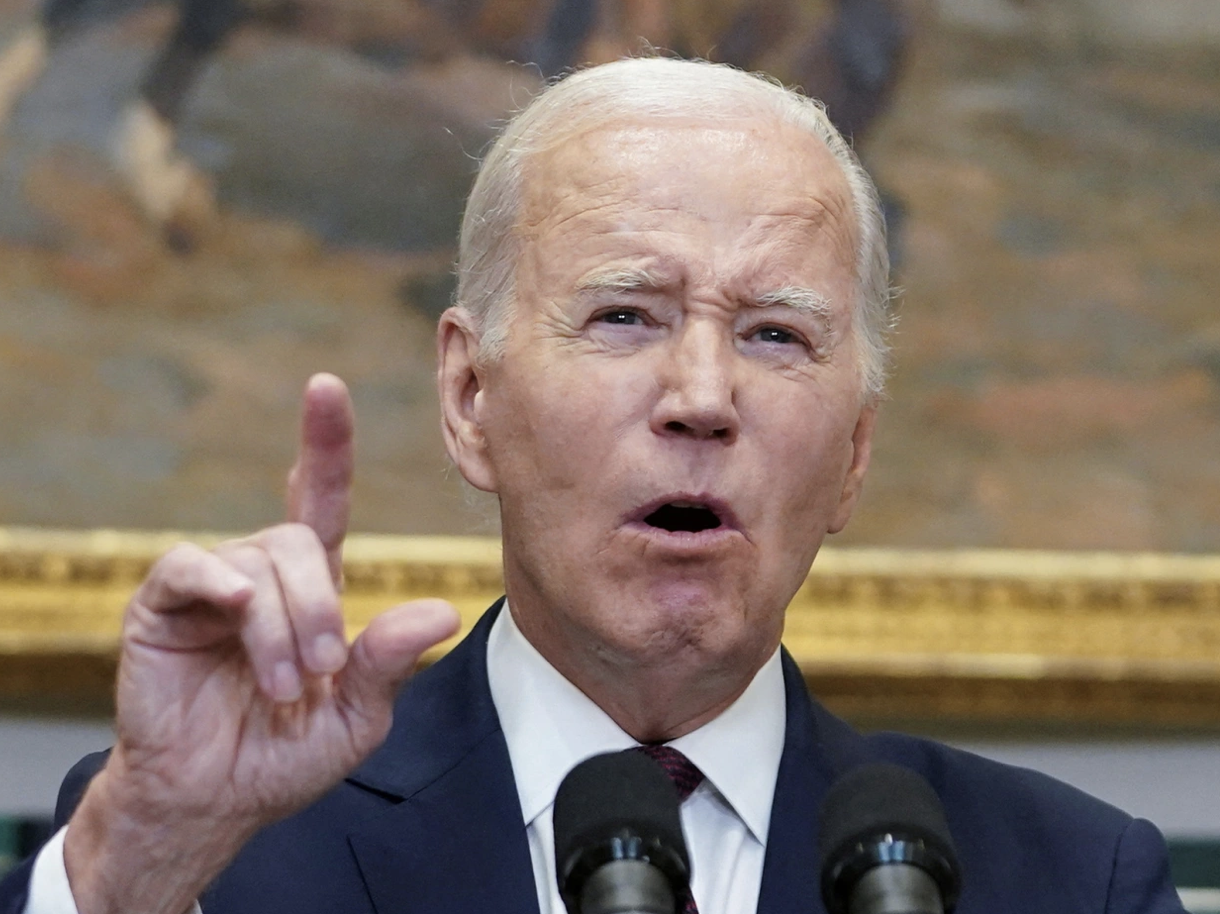By: Brittany Bernstein – nationalreview.com –
President Biden said Thursday the Supreme Court can’t have the “last word” on affirmative action, hours after the Court ruled that the race-conscious admissions policies of Harvard University and the University of North Carolina at Chapel Hill violate the Equal Protection Clause of the 14th Amendment.
“Today the Court once again walked away from decades of precedent as the dissent has made clear,” Biden said, adding that he “strongly” disagrees with the decision.
The president went on to say affirmative action is “misunderstood.”
“Many people wrongly believe that affirmative action allows unqualified students to be admitted ahead of qualified students. This is not — this is not how college admissions work. Rather, colleges set out standards for admission and every student every student has to meet those standards then and only then after first meeting the qualifications required by the school do colleges look at other factors in addition to their grades, such as race,” he said.
Meanwhile, a cert petition filed by the Students for Fair Admissions, Inc., suggests that an African American applicant in the fourth-lowest academic decile has a higher chance of acceptance than an Asian American applicant in the top decile, while an Asian American student in the fourth-lowest decile has less than a one percent chance of acceptance.
Chief Justice John Roberts wrote for the six-justice majority that, “The Harvard and UNC admissions programs cannot be reconciled with the guarantees of the Equal Protection Clause. Both programs lack sufficiently focused and measurable objectives warranting the use of race, unavoidably employ race in a negative manner, involve racial stereotyping, and lack meaningful end points. We have never permitted admissions programs to work in that way, and we will not do so today.”
The president blasted the ruling on Thursday and said that while talent, creativity and hard work are everywhere across the country, that equal opportunity is not.
“We cannot let this decision be the last word,” he said. “While the Court can render a decision it cannot change what America stands for. America is an idea, an idea unique in the world, an idea of hope and opportunity. Of possibilities. Of giving everyone a fair shot. Of leaving no one behind. We’ve never fully lived up to it, but we’ve never walked away from it either.”
Shortly after the Court released its opinion on Thursday, the White House announced a series of actions the administration plans to take to “promote educational opportunity and diversity” in colleges and universities.
The plan laid out by the White House includes several efforts by the Department of Education, which plans to provide colleges with clarity on what admissions practices remain lawful and to convene a national summit on educational opportunity next month to “to share lessons learned, innovative strategies, and develop additional resources for colleges and students to expand access to educational opportunity.” After the summit, the Department of Education will produce a report by September “elevating promising admissions practices to build inclusive, diverse student bodies, including by using measures of adversity,” according to the White House.
The department will support states in “analyzing data to increase access to educational opportunity for underserved communities,” while its National Center for Educational Statistics will consider ways to collect and publish more information related to college application and enrollment trends to increase access to transparent data on admissions and enrollment.
“Although the Court’s decision threatens to move the country backwards, the Biden-Harris Administration will fight to preserve the hard-earned progress we have made to advance racial equity and civil rights and expand educational opportunity for all Americans,” the White House said.
Biden called on colleges and universities to “give serious consideration to the adversities students have overcome” when selecting among qualified applicants.
The Court’s ruling still leaves room for universities to consider an applicant’s discussion of how race affected his or her life, though Roberts was careful to note this does not allow universities to use application essays or other means to circumvent its ruling. Instead, “the student must be treated based on his or her experiences as an individual—not on the basis of race,” Roberts explained.
To see this article in its entirety and to subscribe to others like it, please choose to read more.
Source: Biden Says Supreme Court Can’t Have ‘Last Word’ on Affirmative Action | National Review
 Listen Online
Listen Online Watch Online
Watch Online Find a Station in Your Area
Find a Station in Your Area









 Listen Now
Listen Now Watch Online
Watch Online
